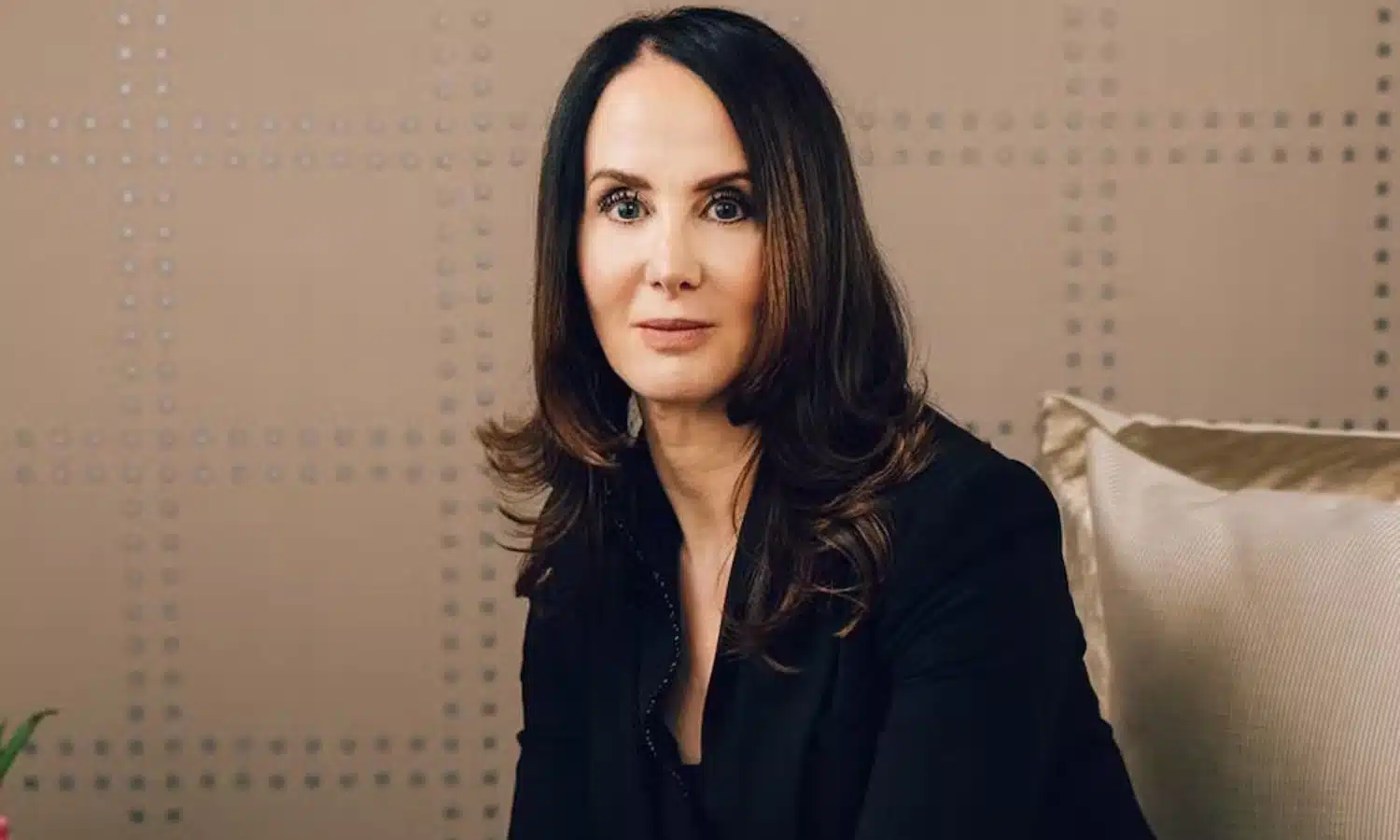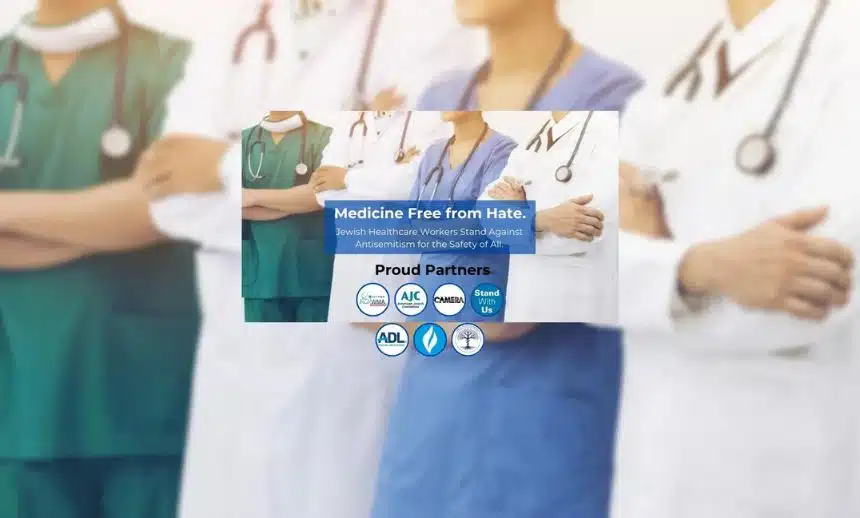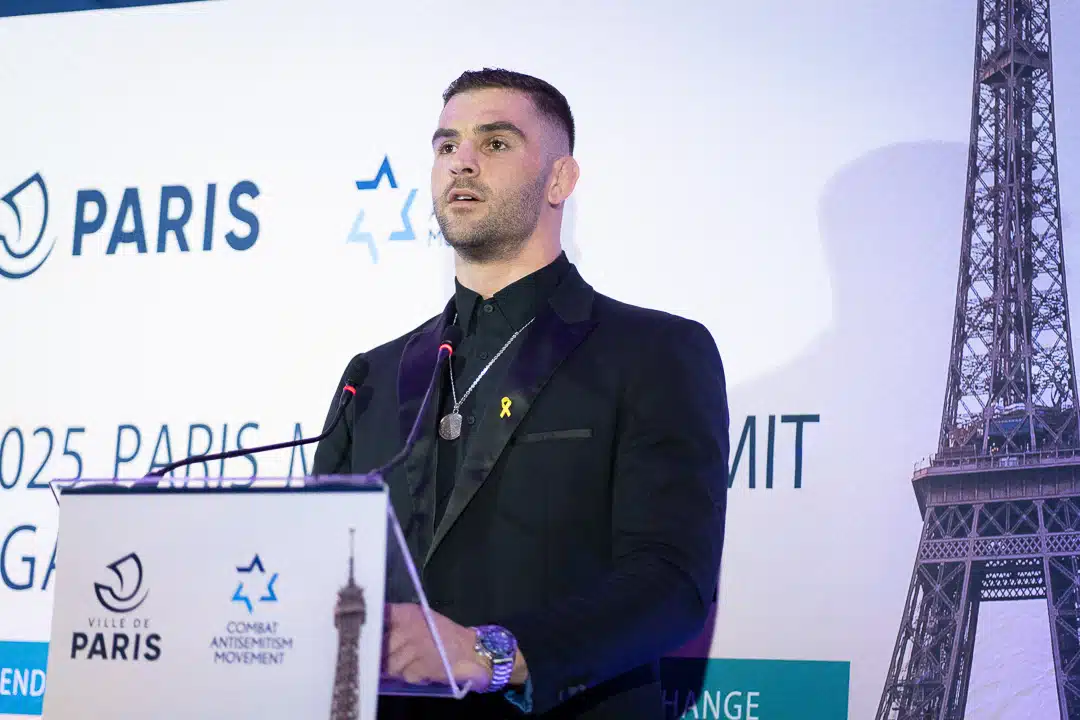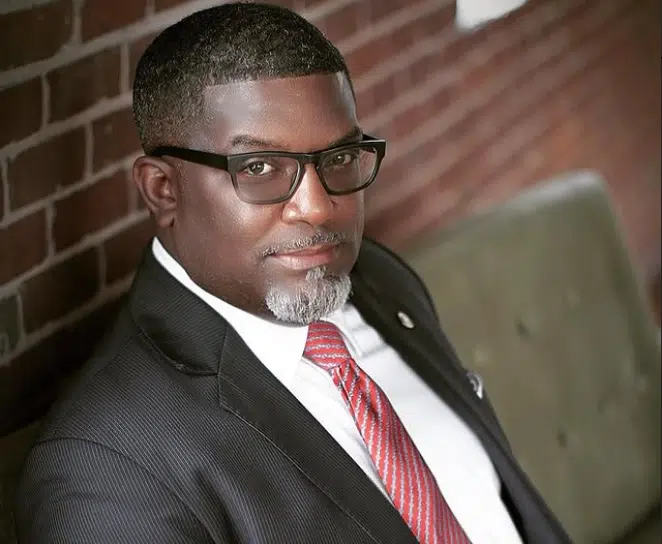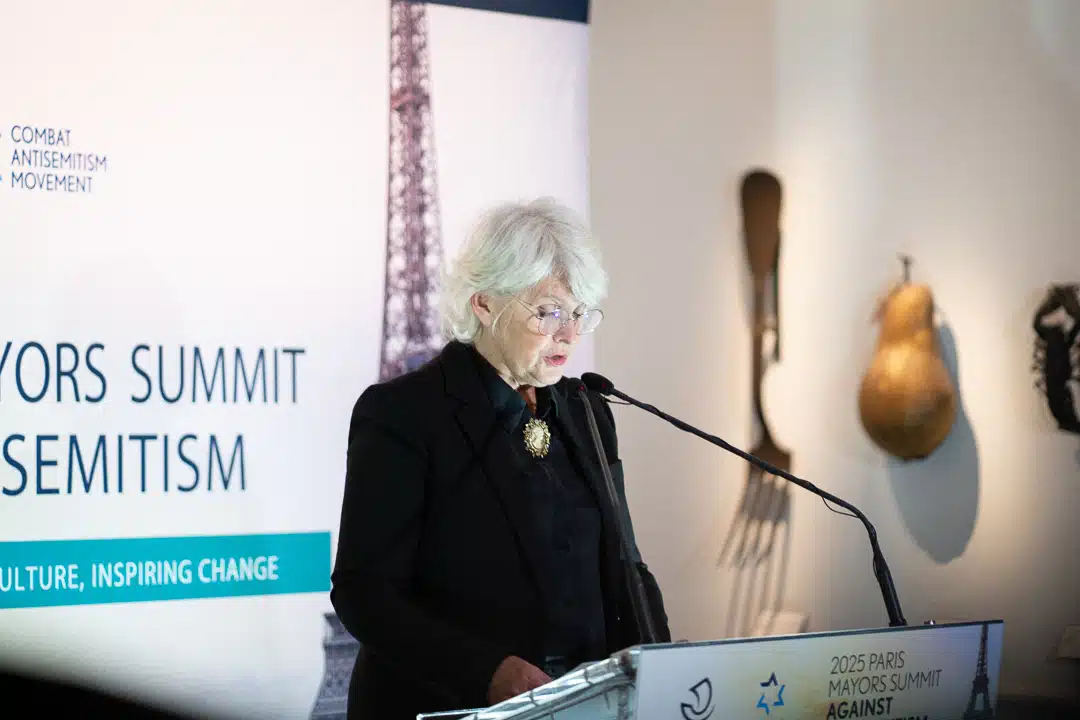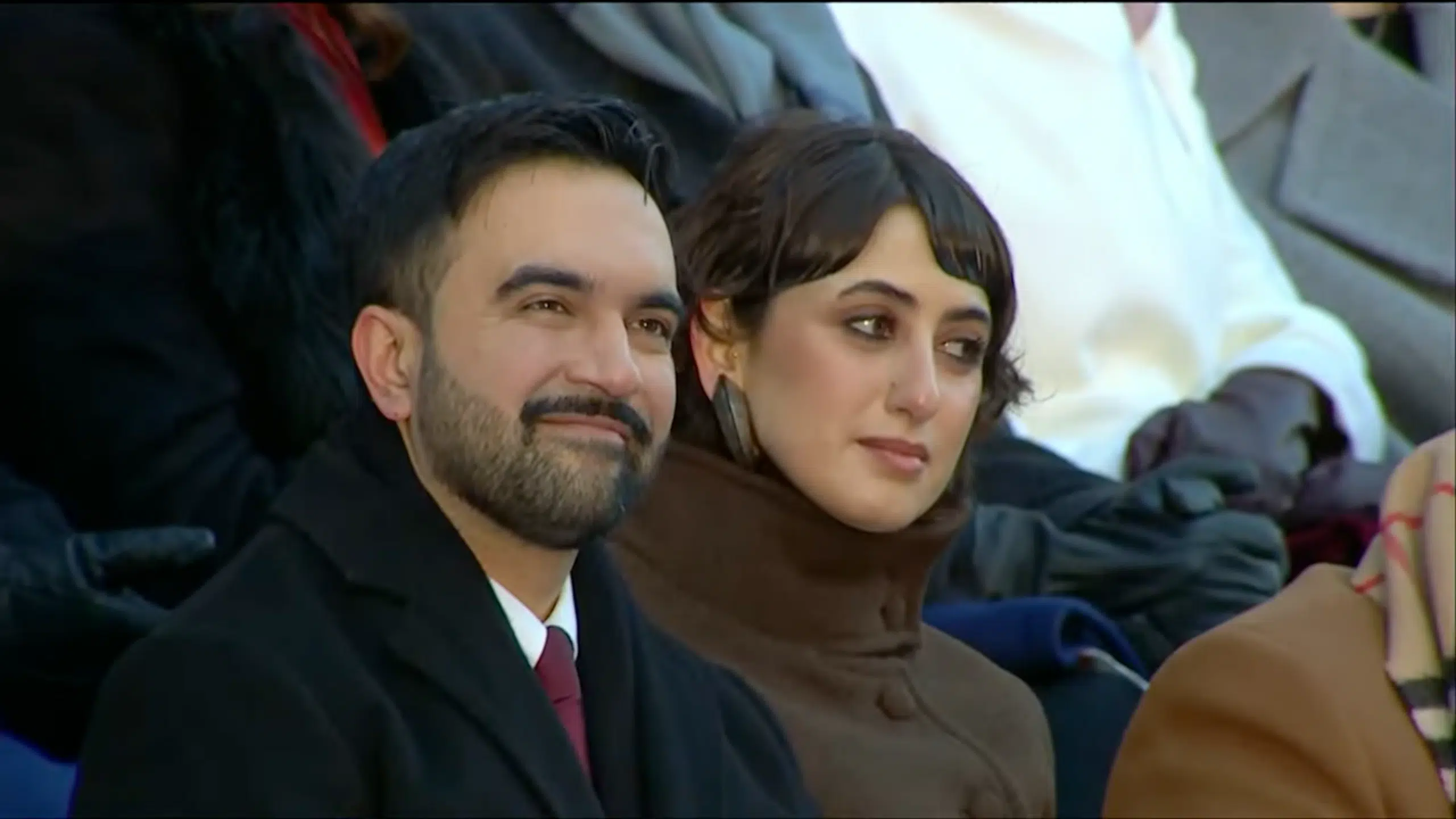|
Getting your Trinity Audio player ready...
|
In the aftermath of the October 7th Hamas massacre in Israel, the medical profession in the United States was not immune to the unprecedented outbreak of antisemitism that spread rapidly across the globe.
Disturbed by what they witnessed at work, a group of physicians came together to establish the American Jewish Medical Association (AJMA), guided by the motto of “Medicine Free From Hate.”
This week, AJMA President Dr. Yael Halaas — a facial plastic surgeon from New York City — spoke with Combat Antisemitism Movement (CAM) Editor-in-Chief Barney Breen-Portnoy about the organization’s mission and activities.
How did AJMA get started?
“I think everybody was taken aback by October 7th. I started WhatsApp chat with concerned physicians, Jewish and non-Jewish, and it grew into over 1,000 physicians.”
“We realized that there was no unifying voice. There’s a Palestinian American Medical Association, there is a Catholic Medical Association, there is a Hindu Medical Association. I think there’s a couple of different Muslim organizations, and we realized that we didn’t have a united Jewish voice to discuss about what we were seeing in medicine.”
“We really just wanted a restoration of humanity. And we were worried about the misinformation and lack of civil discourse in medicine, so we formed the American Jewish Medical Association, and we very quickly became a 501(c)(3)-pending nonprofit corporation. We have a full board and multiple committees. We are writing scholarly articles, coming up with antisemitism curriculum for the medical environment, advising Congress on action, and working with different medical schools, as well as DEI offices in their various iterations, to make sure that antisemitism doesn’t continue rising. And that medicine should be free from hate.”
How does antisemitism manifest itself in the medical field?
“We see everything, from posts that Israelis are genocidal pedophiles to recent comments that Zionists have no place in medicine and Zionism should be dismantled from medicine. This is just a resurgence of antisemitism, with every trope you can think of being shared.”
“We see a lot of biased healthcare panels which don’t reference October 7th, or the hostages, or the sexual violence that occurred, or Hamas’ use of human shields. And we’re seeing blowback to any whistleblower who complains about antisemitism, they’re immediately targeted.”
“For physicians, our job is really to care for humanity. And I think we’re one of the few still somewhat vaunted careers that garner some respect, and we really do need to treat all patients equally. We spend so much time making sure that we don’t have bias in treating the patients and making sure that our bias doesn’t keep us from providing health care to anyone. Everyone needs health care and needs to be treated well. So when we see all of sudden physicians voicing antisemitic tropes, it’s really particularly shocking.”
“It’s concerning as well to see what’s going on at the universities and medical schools. There’s also been a trend to admit fewer Jewish physicians to medical school classes, which reeks of the time when there were quotas and Jews were not allowed in school.”
Tell me more about the activities AJMA is engaged in.
“There’s a lot we are doing. We are working with the congressional educational committee, the one that did the Harvard, MIT, and Penn hearing, and we’re advising them on the status of antisemitism in medical schools, health care campuses, and health care centers.”
“Another big very big initiative is a ‘Combat Antisemitism’ curriculum that we’re working on with a major foundation, to have that ready for all medical schools. We’re also working with individual medical centers and medical schools, and we have a very specific list of recommendations that that schools should follow. We’re working with Project Shema and the AJC to have antisemitism training in all medical care centers. We have a very active academic journal publication committee that’s writing responses to the very biased articles that are being published in medical literature. We’re talking about big journals like The Lancet, The New England Journal of Medicine, and The BMJ writing really biased articles. And we have speaker panels to counter some of the very biased one-sided panels that we’re seeing at health care centers.”
What motivated you personally to get involved in this effort?
“My background is I am a Latin American Jew, and a female surgeon, so I’m not unaware of discrimination. My mother is a physician who experienced discrimination. So it’s in my blood to be a doctor. And, and as a daughter of immigrants, especially from Hispanic countries, I really don’t have a tolerance to accept discrimination. Also, the only other part of my family that exists that survived the Holocaust is Israel. My grandmother made a right and ended up in Cuba. Her youngest sister also left Poland before war and went to Petah Tikva. The rest of their family, all of the cousins and in-laws, were murdered and their entire town was obliterated in the Holocaust.”
What is AJMA’s ultimate goal?
“Medicine free from hate. Not seeing antisemitism, and instead seeing a return of civil discourse and critical thinking.”
“We have a very important goal, which is literally to cure humanity, and I think we should be united in that goal. And we seem to just have been driven into division and hatred, and medicine should and must strive for better than that.”
What has the reception been like for AJMA?
“I think the general public has been very welcoming. People really want their doctors to be compassionate, both to their patients and to each other. We’re actually finding a lot of commonality with other groups, not just Jewish groups. I think both patients and the general public don’t want division. A mandate of being a physician is to give compassionate care, and also to have a higher level of critical thinking, for the best of all of humanity. That’s hard to argue with, right?”
For more information on the American Jewish Medical Association, please visit: theajma.org

